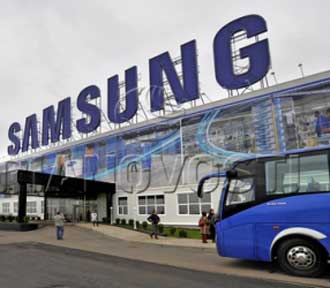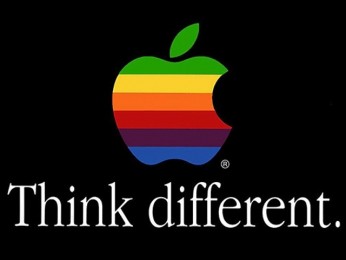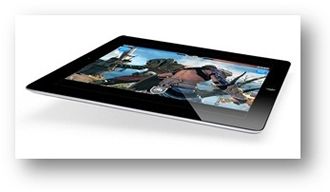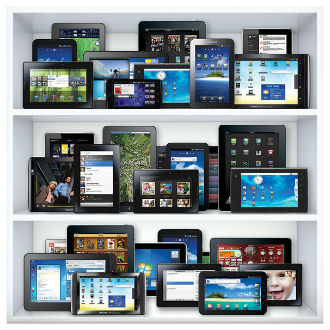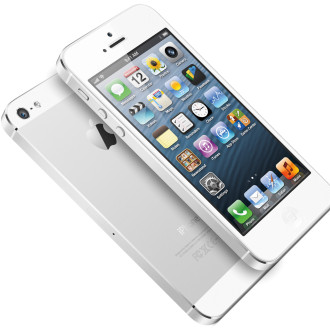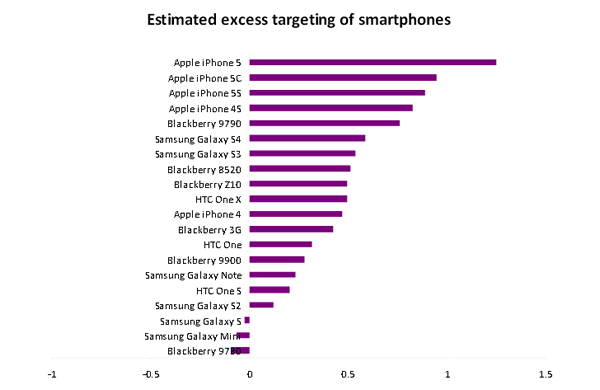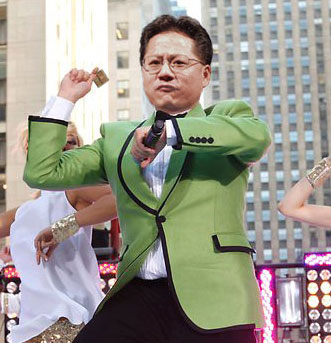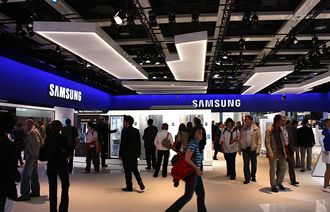 The major battle in the server space planned for next year may be only a minor skirmish with the usual suspects winning.
The major battle in the server space planned for next year may be only a minor skirmish with the usual suspects winning.
Intel needs to see off the expected competition from ARM and is going to chuck a lot more cash in the area to keep its position as market leader. What we are seeing from the Intel Developer Forum is that its answer will be a a new Xeon D family of chips.
Xeon D chips will be the first server chips based on the Broadwell architecture, and will go into dense servers starting next year. But these are not your normal server chips, they are effectively systems on a chip which means that they will be deliberately targeting anything “low level and power efficient” that ARM is expected to come up with.
It means that Intel does not think that its Xeon E3 and Atom chips code-named Avoton will be up to the task of taking on ARM. The Xeon D chip will be faster, but more power hungry than Avoton, which is based on an architecture called Silvermont used in mobile chips.
But Intel thinks that the Xeon D will provide more performance-per-watt, which punters will find attractive.
Intel does have some other advantages in any coming server war. Intel’s chips already go into more than 90 percent of servers, and server makers like Dell have said that the chances for success of ARM servers are diminishing due to product delays. Intel also has a head-start on software development over ARM.
ARM’s server chips are based on the ARMv8 architecture, and have integrated networking, storage and I/O controllers. Its key weapon against Intel is still lower power consumption, something Chipzilla is fast catching up on.
A variety of companies had indicated interest in making server processors based on blueprints from ARM, but so far ARM 64-bit server processors have not been made available commercially.
Chip makers like Applied Micro and Advanced Micro Devices have delayed shipment of ARM-based chips.
Dell is offering prototype ARM servers for benchmarking and application development. Hewlett-Packard announced plans to use ARM processors in its Moonshot “dense” server, which uses x86 chips, but hasn’t announced a definitive release date for the ARM edition.
The other player in any coming war AMD is also expanding its low-power server processor lines, which could also will hurt adoption of ARM servers.
The other big hurdle for ARM is the fact that most firms already have software and hardware based around x86. To adopt ARM-based servers, companies will not only have to invest in new servers and components, but also port applications to the architecture.
This could make a switch to ARM very expensive in terms of capital and final cost of ownership. Then there are some licensing issues surrounding the adoption of ARM servers, as companies will have to pay more for software per core used in them, Norrod said.
ARM is also finding its allies thin on the ground. ARM server pioneer Calxeda folded operations and earlier this year Nvidia scrapped server chip plans. Samsung has also abandoned ARM server chip development.
 Fingerprint sensing technology has been with us for some time. But it seems that smartphone and tablet giants Samsung and Apple want to promote it a little bit more.
Fingerprint sensing technology has been with us for some time. But it seems that smartphone and tablet giants Samsung and Apple want to promote it a little bit more.
